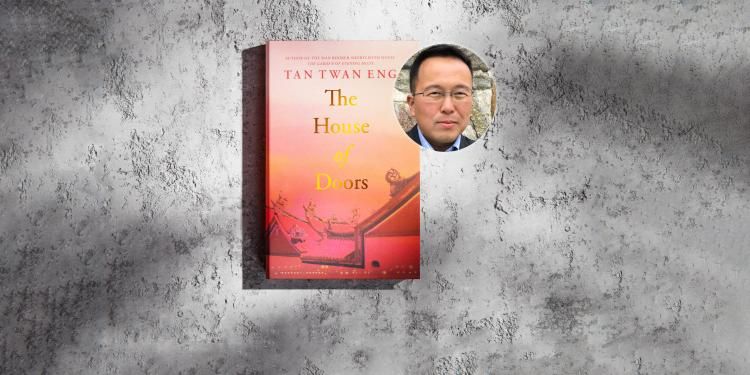Somerset Maugham is a key character in the novel. What research did you conduct into his life and times, and what drew you to him in particular? Is it easier or harder to bring real people to life in fiction, and to develop them as characters?
I read most of his short stories, paying close attention to those that I knew were autobiographical. I read his essays and journals. I read many of his novels, and I’m sure I read every Maugham biography that’s ever been published. I read books by and about his contemporaries, mining them for any mention of their interactions with Maugham. He was a fascinating man: world-famous and immensely wealthy, but at the same time also, due to his lifelong stammer, insecure, shy, prickly and sensitive. But most of all he was a supreme storyteller.
It’s much, much harder to write about real people: To start with I had to bring them back to life again, make them authentic and convincing. The direction of my story, the scenes I set, the interactions between these characters also had to be subservient to their characteristics and personalities; they had to be emotionally and psychologically true. I found it very constrictive. I felt much more free writing about Lesley and Robert and the other fictional characters.
The House of Doors is set during Britain’s colonial rule of Malaya, and your other novels have been located in the early or mid-20th century. What is it about that time period that interests you?
The dynamics of power of that period: between men and women, between the ruler and the ruled, between people of different races and cultures. I’m fascinated by how East and West clashed, merged, pulled apart; how they enriched but also damaged each other. Sadly, all these issues are still very relevant today. We did not know very much about one another then, and I feel we still don’t today.
The Booker judges described The House of Doors as ‘historical fiction at its finest’. Were you inspired by any other writers of historical fiction while writing the book?
Because I was writing about Maugham writing his stories, I felt I had to follow his lead. But I found that restrictive and it just did not work for me. Eventually I abandoned that idea, and then the writing just opened up.
Which book or books are you reading at the moment?
Masquerade: The Lives of Noel Coward by Oliver Soden, Homer and His Iliad by Robin Lane Fox, and Papyrus by Irene Vallejo.
Do you have a favourite Booker-winning or Booker-shortlisted novel and, if so, why?
Penelope Lively’s Moon Tiger. I think she’s an underrated writer and should be more widely known. Her shifts of time and viewpoint (the two often happening simultaneously) are seamless and masterful. A person dies in the final scene in Moon Tiger, but Lively doesn’t describe it. All the reader senses is that something has depleted from the room in the nursing home, and that something is… life. And yet… life still goes on.
What are you working on next?
I haven’t been able to sit down for an extended period of time to work on my new novel. The past year I was one of the judges of the International Booker Prize 2023, and that involved reading 135 novels in nine months. This year has been and will be taken up with promoting The House of Doors.

















